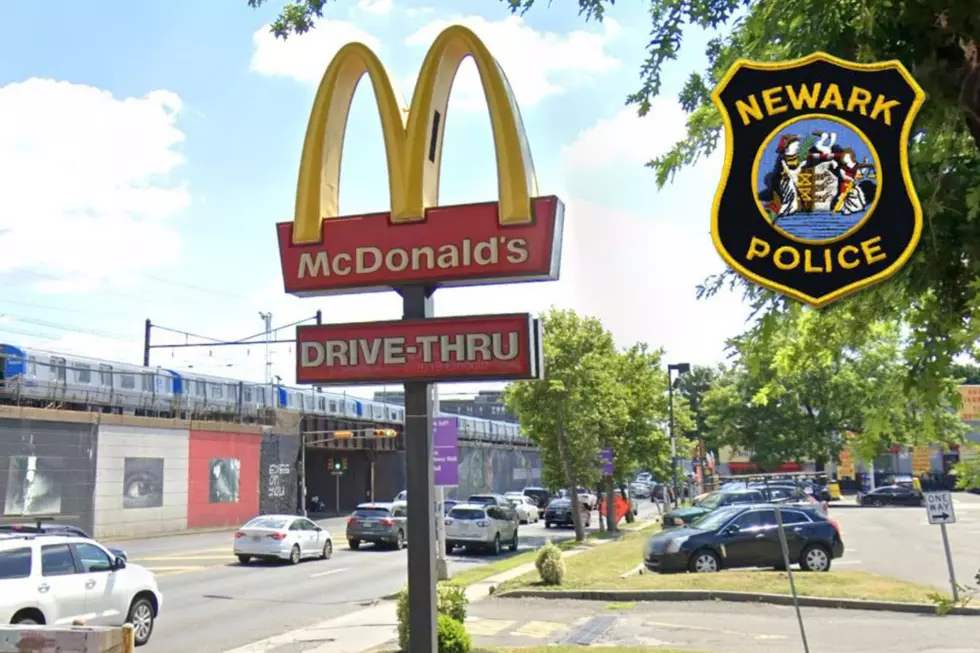
How to limit ATM and bank fees in New Jersey
The average fee associated with an out-of-network ATM withdrawal is at a record high, and nearly all banks continue to charge overdraft fees to customers who spend more than what's in their account at the time, according to new research from Bankrate.
Between the surcharge from the ATM itself and the fee issued by the consumer's bank, an out-of-network withdrawal comes with an average charge of $4.73 — up from a record high of $4.72 reached in 2019, Bankrate finds.
Overdraft and non-sufficient funds fees have actually dipped compared to years past, but can still run folks $20 to $30 per violation.
"These kinds of drip-drip, if you will, fees can really take a toll on a family's kitchen table budget," said Beverly Brown Ruggia, financial justice program director for New Jersey Citizen Action.
As New Jersey absorbs an explosion of bank branch closings, Brown Ruggia said, it's growing even harder for account holders to make it to their own bank for a machine cash withdrawal.
How to avoid ATM/bank fees
Sign up at a spot that makes sense
💲 When choosing your bank, look for one that has locations where you work and/or live. That way, making an ATM withdrawal comes with no added fee.
💲 If your local branch closes, you may want to consider switching bank brands.
Be smart about out-of-network withdrawals
💲 Major store chains promote "no surcharge" ATM transactions inside their locations, but "no surcharge" doesn't mean your withdrawal is necessarily fee-free. While you may not be getting charged by the ATM itself, your own bank could charge you a couple bucks on the back end.
💲 Read the signage around an ATM to learn more about the fees.
💲 Check if your bank is part of a nationwide alliance that offers ATM locations beyond machines with their name on them.
💲 If you're making a purchase elsewhere and know you still need to make an ATM stop, choose the "cash back" option at the register. Most places won't charge you.
Don't unnecessarily overspend
💲 Banks give consumers plenty of options to avoid overdraft fees. You may be able to block your card from making a purchase when it would bring the account below zero. Or you can sign up for text alerts that go out when your account is below a certain level.
💲 You don't need to be in the dark about potential fees in the event of overspending. According to Credit Karma, the Truth in Savings Act requires that all banks give you a fee schedule — outlining and explaining all fees — when you open your account.
Report a correction 👈 | 👉 Contact our newsroom
11 Bad Laundry Habits to Break Immediately
LOOK: Longest-living dog breeds
More From New Jersey 101.5 FM









